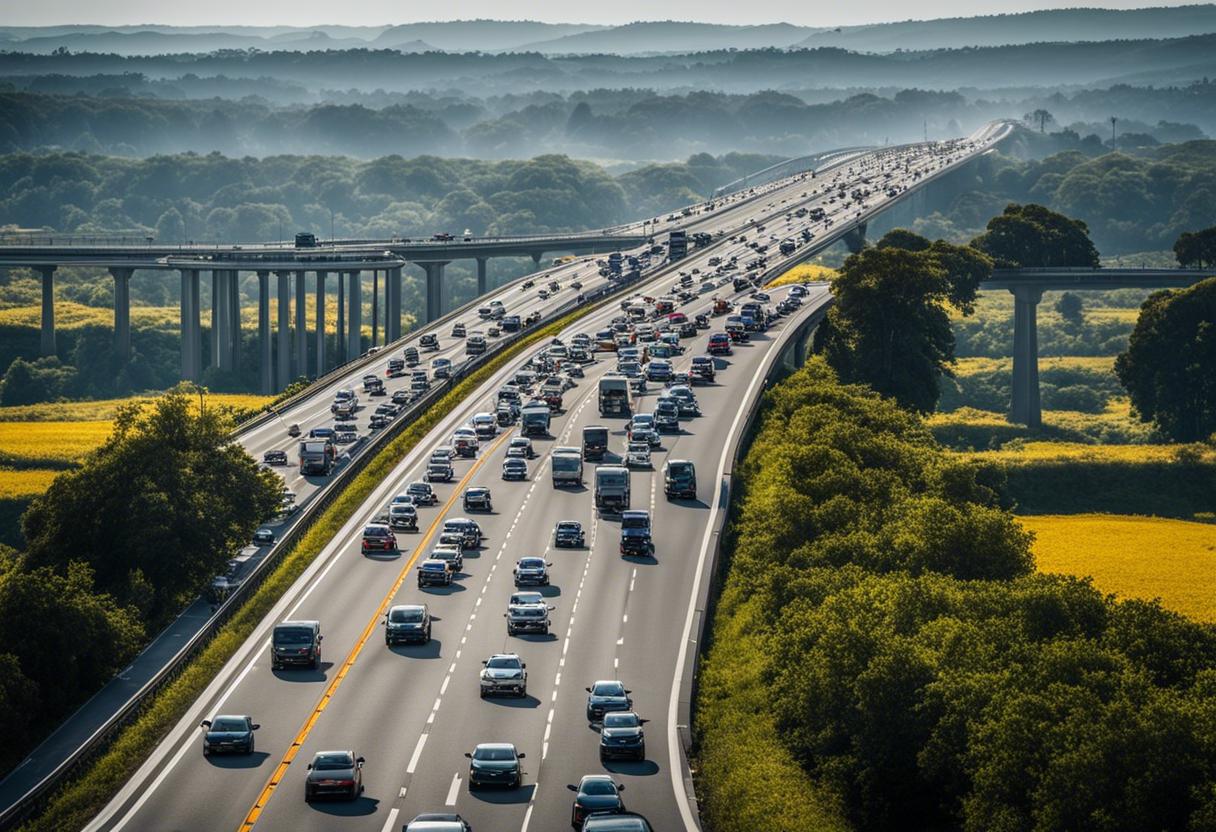Dear Editor,
The government’s recent decision to impose “congestion or clean-air zone charges” in cities and towns seems a rush measure to shut the stable door after the horse has bolted. The makeshift action disguising the cutbacks in council funding to encourage “environmentally friendly measures” (“Motorists set to face congestion or clean-air zone charges under new traffic plan”, News, March 28th) simply highlights the government’s traditional approach of using punitive measures rather than incentives.
The government’s scheme is intended to stimulate tree changes in travel behaviour as we accelerate towards the approaching dreaded 2030 target. One could envisage a snowballing panic that is likely to surpass governmental estimates at Leinster House.
There’s no doubt that the plan will trigger behaviour adjustments. Those reliant on their vehicles for their daily commute to work will need to adapt, potentially forgoing midday meals, coffees, or social gatherings due to the ‘incremental’ cost of not just conducting business but all activities.
The Transport Minister, Eamon Ryan, routinely cites London and Paris but fails to acknowledge that he is comparing chalk and cheese. Our public transport system lags light-years behind these cities. The concept of minimising cars in London or Paris is currently impossible to emulate in Dublin, considering our public transport is subpar by European standards.
We could debate how there were fewer cars on the road in the past and how we lacked the financial means: albeit with the exception of 2008-2014, for the majority of the past three decades, we’ve had substantial funds. Despite this, apart from two southside Luas lines, there’s been a dearth of supplementary public transport options.
One wonders why the focus isn’t on ensuring the Metro’s northern expansion is carried out, and on building additional Luas lines heading west, north and northwest. Additionally, looking at the train lines, he could consider introducing a second Dart-like railway, thus avoiding sharing space with mainline trains.
Yours sincerely,
PETER DECLAN O’HALLORAN,
Belturbet,
Co Cavan.
We should strongly consider enhancing the regularity of bus routes. Once these amendments take place, there’s a likelihood of seeing less reliance on personal vehicles. Regards,
NIAMH BYRNE,
Fairview,
Dublin 3.
Sir, in the article titled “Could motorists be charged for driving through gridlocked cities and towns under new plan?” (Analysis, March 28th), I observed that the approach to alleviate traffic congestion was formulated by “57 organisations, Government departments and experts.” It leaves one pondering why progress is so slow in our nation. Best,
JOHN KENNEDY,
Ranelagh,
Dublin 6.

